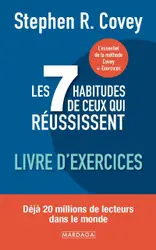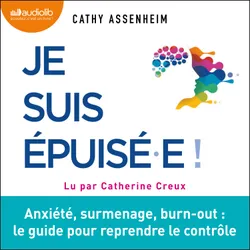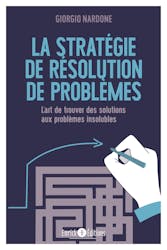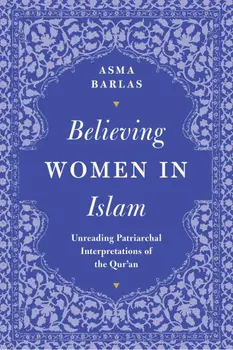Does Islam call for the oppression of women? The subjugation of women in many Muslim countries is often used as evidence of this, while many Muslims read the Qur'an in ways that seem to justify sexual oppression and inequality. In this paradigm-shifting book, Asma Barlas argues that, far from supporting male privilege, the Qur'an actually affirms the complete equality of the sexes. Offering a historical analysis of religious authority and knowledge, Barlas shows how, for centuries, Muslims have read patriarchy into the Qur'an to justify existing religious and social structures. In this seminal volume, she takes readers into the heart of Islamic teachings on women, gender and patriarchy, offering an egalitarian reading of Islam's most sacred scripture. This revised edition includes two new chapters, a new preface, and updates throughout.

Zamzam de la connaissance
Mohamed Faouzi Al Karkari, Mohamed Jedoui
book
Perdre du poids en mangeant du gras : avec l'alimentation cétogène et faible en glucides
Josey Arsenault, Dr Évelyne Bourdua-Roy
book
L'art de la victoire
Phil Knight
book
Les 7 habitudes de ceux qui réussissent : Livre d'exercices
Stephen Covey
book
Je suis épuisé.e : Anxiété, surmenage, burn-out : le guide pour reprendre le contrôle
Cathy Assenheim
audiobook
La stratégie de résolution de problèmes : L'art de trouver des solutions aux problèmes insolubles
Giorgio Nardone
book
Devenir infirmière en France, une histoire atlantique ? (1854-1938)
Évelyne Diebolt & Nicole Fouché
book
La source lumineuse
Farid DJEBIHA
book
Cétogène : Nos nouvelles recettes pour combler toutes vos envies!
Josey Arsenault, Dr Évelyne Bourdua-Roy, Sophie Rolland
book
The Sentient Machine: The Coming Age of Artificial Intelligence
Amir Husain
audiobook
L'âme celte
Ernest Renan
book
Power : Les 48 Lois du pouvoir
Greene Robert
audiobook
